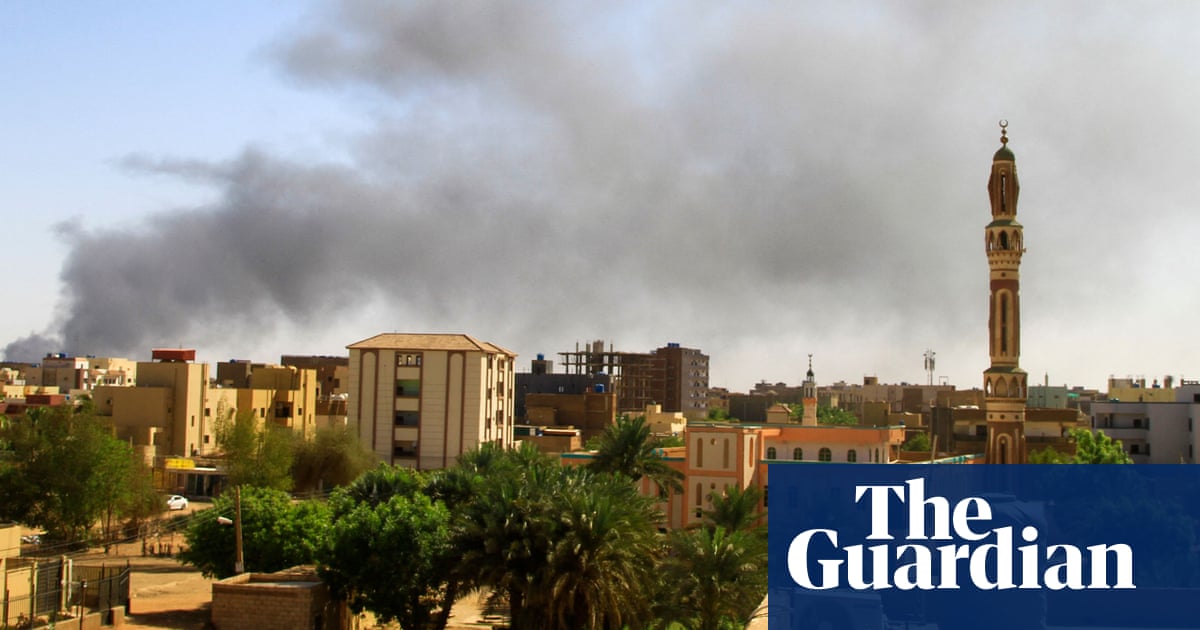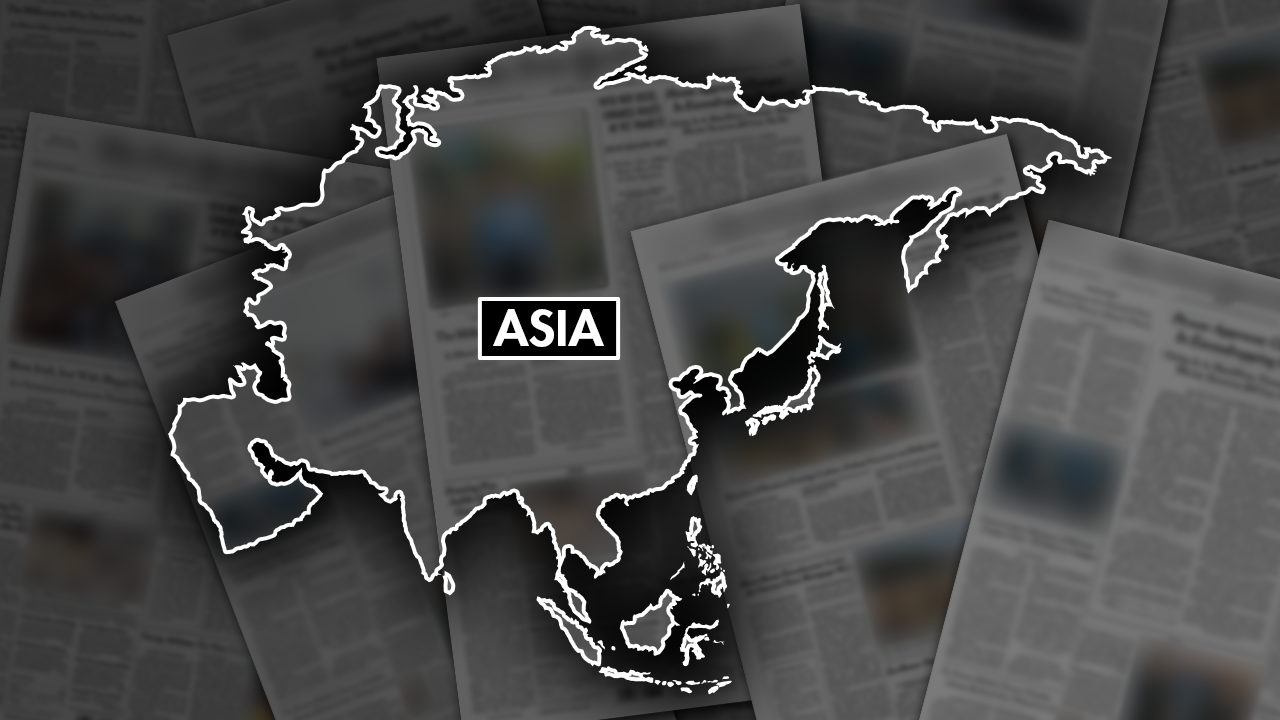Sudan: Army Leader Suspends Participation in Jeddah Ceasefire Talks

The Facts
Despite on Monday agreeing to extend a ceasefire by another five days, the Sudanese Armed Forces (SAF) suspended its participation in continued ceasefire talks with the Rapid Support Forces (RSF) in Jeddah, Saudi Arabia, saying on Wednesday that the RSF lacked commitment to the terms of the agreement and alleging it was in violation of the ceasefire.
Fighting in Khartoum continued on Wednesday, with the Sudanese Doctors Trade Union saying that 19 people were killed and 106 more injured when a market south of Khartoum was shelled from the direction of an SAF base. Omdurman has also reportedly witnessed heavy artillery since Wednesday, with military sources saying that they are targeting RSF forces stationed at the national TV station.
The Spin
Pro-establishment narrative
Since the break out of the conflict in Sudan, US Secretary of State Antony Blinken has worked hard to stamp out violence, bring about a peaceful solution, and provide safe passage for humanitarian aid. The US is doing its part in enabling diplomatic resolution and committing itself to supporting refugees until a ceasefire or permanent agreement is reached.
Establishment-critical narrative
Though the US and Saudi Arabia have brokered this ceasefire, it's undeniable that Washington has significant responsibility for the outbreak of fighting in Sudan. The US failed to rein in the country's top generals when mounting tensions between forces led by Burhan and Dagalo indicated that a prolonged conflict was likely to erupt. Facilitating a truce is the least US leaders can do for the region given this negligence.
Cynical narrative
Each warring side in Sudan is still battling for supremacy over the country, which indicates they're in no way serious about these ceasefires or peace talks. If the two continue to see each other as an existential threat, it will be impossible to find the middle ground necessary to stop the fighting and prevent the nation from being destroyed.



